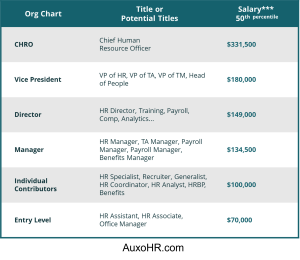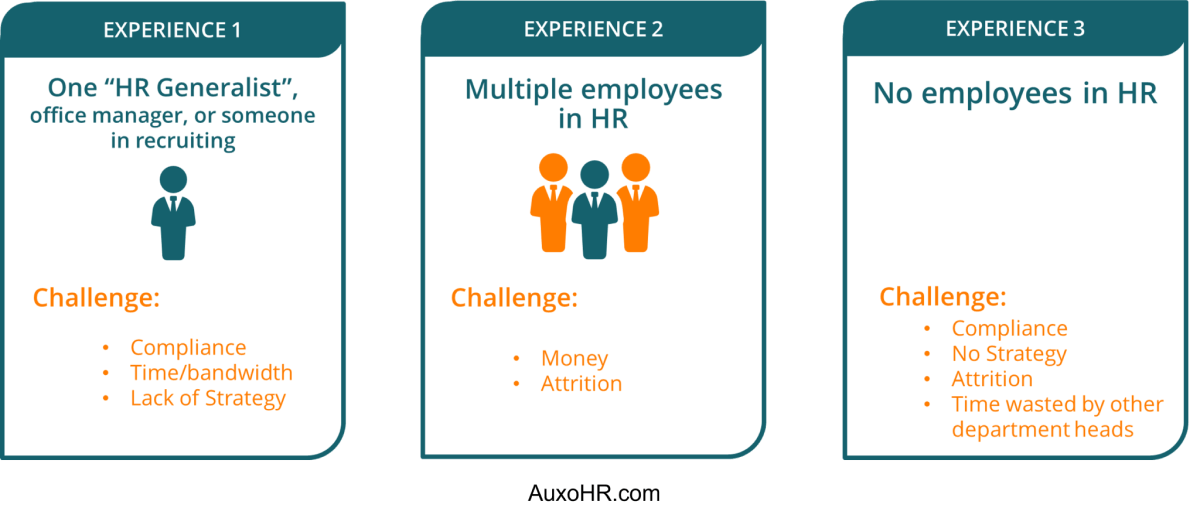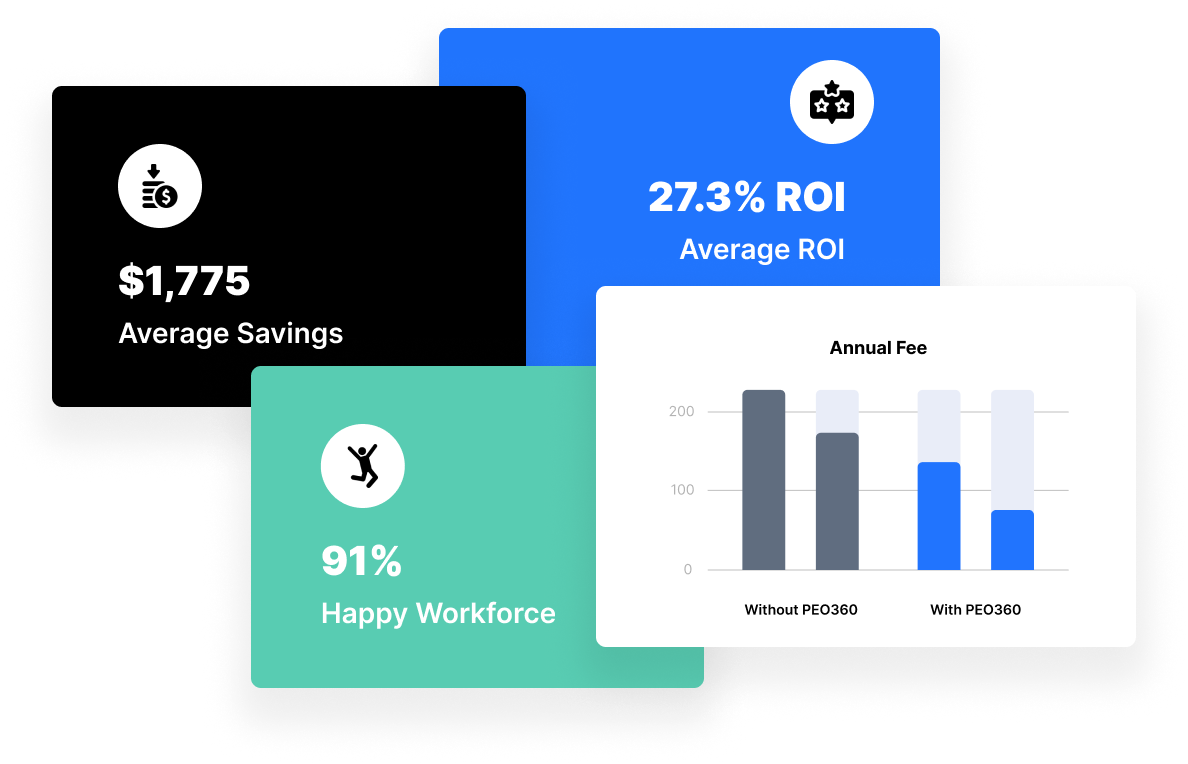
Helpful Tips for Small Businesses to Eliminate, Automate, and Outsource
Every small business faces unique challenges at different points in their life-cycle. To succeed, the best executives know how to prioritize the most important aspects of their business. This may involve changing focus from day to day, week to week, or month to month, but it requires putting the majority of their efforts into growing or fixing the most critical priorities. To achieve this, outsourcing or hiring a consultant can be key to the long-term success of the company.
While people are the most important part of any organization, they are also the most expensive. When growing a business, it is crucial to examine each department and use the words ELIMINATE, AUTOMATE, and OUTSOURCE to optimize operations.
Eliminate: Can we eliminate this team, software, partnership, or employee?
Automate: Can we automate this task, process, or workflow through software? What is the best software available? Will this enable us to make our employees more productive without hiring additional staff?
Outsource: Can we outsource this function? What is the ROI of outsourcing? Can we deploy this capital elsewhere in the organization to have more impact? Is this a short-term urgent need, or a frequent low-cost gap?
This framework can be applied to any business function, but we will focus on the benefits of outsourcing People Ops or Human Resources in this article. Human Resources is essential to any organization’s success, but managing HR can be time-consuming and costly for small businesses. That’s where outsourcing HR comes in, providing significant benefits such as cost savings, increased expertise, and enhanced efficiency.
Cost Savings
Outsourcing HR can provide small businesses with significant cost savings by reducing their expenses related to hiring and maintaining an in-house HR team. These expenses include salaries, benefits, and office space. Moreover, outsourcing HR can provide small businesses with access to a range of HR services, such as payroll management, benefits administration, and compliance management, at a lower cost than maintaining an in-house HR team.
Increased Expertise
Outsourcing HR can provide small businesses with access to a team of HR professionals with specialized skills and expertise. These professionals have experience in various areas of HR, such as recruitment, training and development, and employee relations, and can provide small businesses with expert guidance and advice for better HR decisions and improved business outcomes. Additionally, outsourcing HR can provide small businesses with access to the latest HR technology and tools to streamline HR processes, automate tasks, and improve efficiency.

Enhanced Efficiency
Outsourcing HR can also enhance small businesses’ efficiency by freeing up their time and resources to focus on core business activities. This can lead to increased productivity and improved business outcomes. Moreover, outsourcing HR can provide small businesses with a range of customizable HR services that can be scaled up or down as per business requirements, providing greater flexibility and agility.
Overall Benefits
Outsourcing HR can provide small businesses with numerous benefits, such as cost savings, increased expertise, and enhanced efficiency. As you grow and your needs change, you can hire the right people to do a specific task. By outsourcing HR, small businesses can access a range of HR services that can help them improve their HR processes, reduce costs, and focus on core business activities, leading to improved business outcomes and long-term success.
Tips for Managing Outsourced Service Providers
1-Determine the tasks that can be outsourced: Once the areas of labor shortage have been identified, the small business should determine which tasks can be outsourced to contractors. This could include tasks that are non-core or non-strategic in nature, such as bookkeeping, Finance, HR, IT support, or customer service. The tasks will change as you grow, so it is important to continually assess the needs of every department.
2-Find the right outsourcing partner: The next step is to find the right outsourcing partner. This could be a freelance contractor or a specialized outsourcing agency that provides the required services. The outsourcing partner should have the necessary skills, experience, and capacity to handle the tasks that are being outsourced. The partner should also have the skills and team available to flex up and down with their services as your business needs change. You want to have the right partners, but you do not want to manage too many relationships.
3-Establish clear expectations and communication: It is important to establish clear expectations and communication with the outsourcing partner. This includes setting deadlines, outlining deliverables, and defining the scope of work. Clear communication channels should be established to ensure that both parties are on the same page and any issues can be addressed promptly. This goes both ways, and your outsourcing partner needs to have great communication as well.
4-Monitor performance: The small business should regularly monitor the performance of the outsourcing partner to ensure that the work is being done to the required standards. This includes reviewing the quality of work, meeting deadlines, and ensuring that the outsourcing partner is adhering to any guidelines or policies set by the small business. This is also a two-way process. If you don’t feel your outsourced vendor is managing and holding you accountable, then you probably have the wrong partner.
5-Maintain good relationships: Outsourced contractors can be valuable partners for a small business, and maintaining good relationships with them is crucial. This includes providing feedback, recognizing their contributions, and treating them as part of the team.





